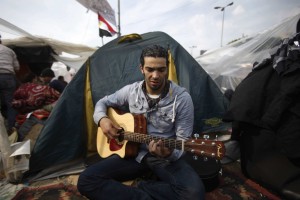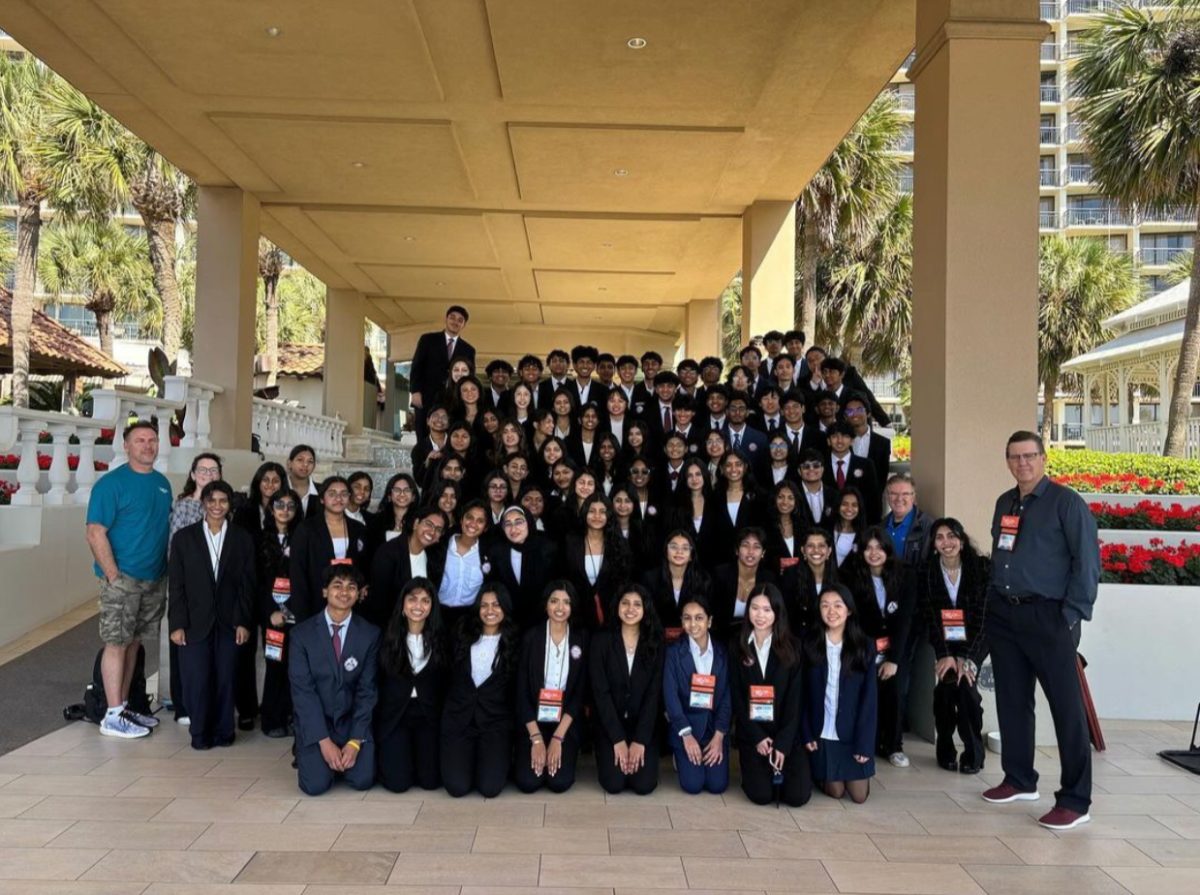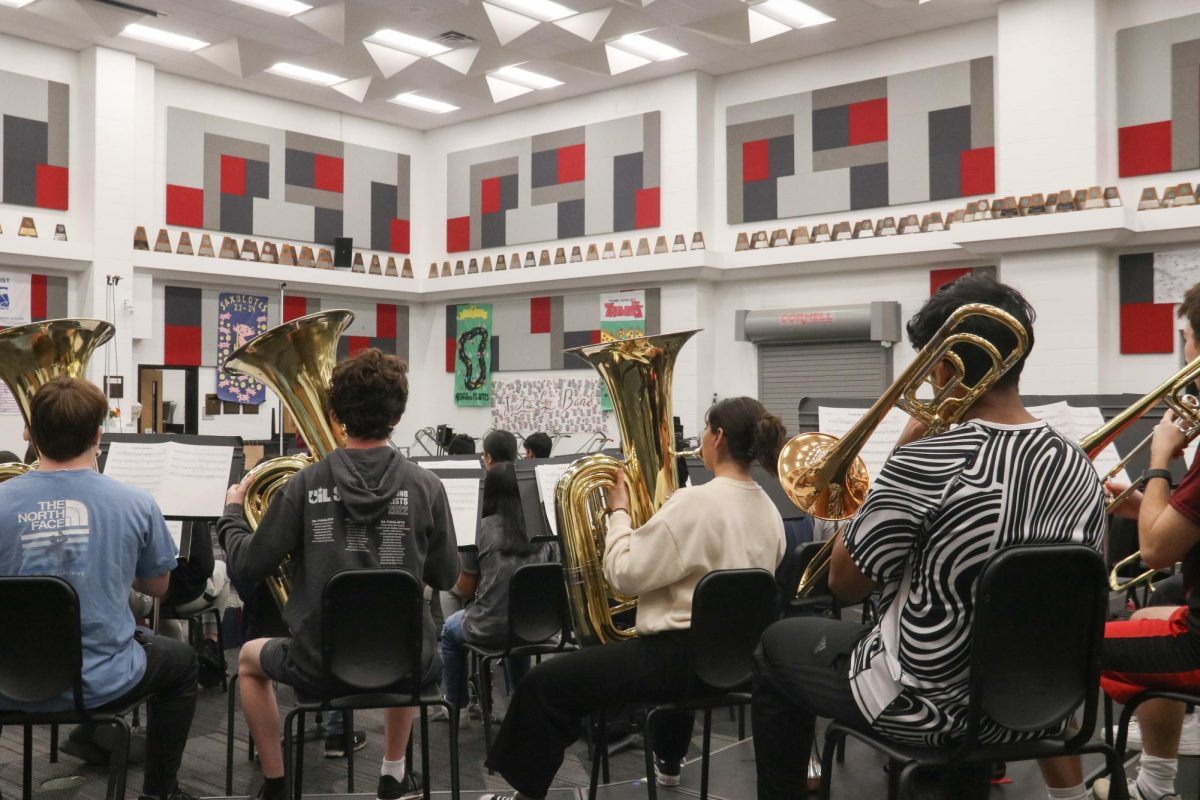Chris Cummins
Staff Writer
Egyptian Uprising

During the week of January 24, Egypt erupted. The poor and middle class, tired of repression by police, the armed forces, artificially high food prices, and the absence of free speech laws, flocked to Tahir Square, a famous landmark of Egypt, and a traditional site for protesters to meet and air their grievances. The site of the 1977 Bread Riots, Tahir Square occupies one of the most central locations in the city, and is the symbolic heart of Egypt. It was fitting, then, that for most of the two weeks spent protesting, thousands, even hundreds of thousands, of protestors, occupied it.
Refusing to leave and lose their chance for a government of their own, yet peacefully airing their grievances despite the violent provocation of pro-Mubarak supporters, the world waited for the news in a highly anticipated speech in which President Mubarak, now called the Last Pharaoh of Egypt, was ostensibly supposed to resign. But, as he had done so many times before, Mubarak promised one thing and delivered another. As his speech unfolded before a once jubilant and now horrified crowd, Mubarak had decided somewhere between his purposefully leaked decision that he would resign, and his scheduled speech, that he would make one last desperate cling to power.
 As the CNN cameras panned around the distraught and soon outraged faces of the activists and protesters, the crowd erupted in anger and the whole square seemed to convulse with their outrage. But, a day later, bowing to the demands of the international community and the demands of his people, the unthinkable happened: Mubarak resigned. Egyptians, for the first time in 5000 years, would be able to decide their fate. They had defeated the Last Pharaoh of Egypt.
As the CNN cameras panned around the distraught and soon outraged faces of the activists and protesters, the crowd erupted in anger and the whole square seemed to convulse with their outrage. But, a day later, bowing to the demands of the international community and the demands of his people, the unthinkable happened: Mubarak resigned. Egyptians, for the first time in 5000 years, would be able to decide their fate. They had defeated the Last Pharaoh of Egypt.
While Egypt was rioting, and the rest of the world was following out of interest and sympathy, for others the struggle of the Egyptian people was far more personal. Tarek Elmougy is a senior at CHS, and has family living in Egypt, and while the revolution was ongoing, and most people were eating dinner and watching CNN, his relatives “who are mostly older” and “not participating in the protests” were “lying low, protecting their property” from “pro-Mubarak supporters, who are actually just thugs and police officers.” After days of being provoked and harassed, his family and their neighborhood decided that they had had enough, and “needed to band together to protect their things.” As the week wore on, and the protests swelled, the demonstrations evolved from being composed of mostly young activists, and soon became a broadly representative movement, composed of both poor and middle class.
For a time, it seemed as if the protests would break into violence, as the protesters were frequently harassed by pro-government supporters, and the news stations were bombarded by video of protesters showing camera crews the bits and pieces of glass and metal Mubarak’s men were throwing at them, and it was feared by many that the revolution would dissolve into violence. This was something Mubarak was hoping for, as many times before he instigated violence among previously peaceful protesters in smaller demonstrations, and then called in the army and police, crushed the revolts under the guise of keeping the peace, and then solidified his rule. However, this was not the case during these two fateful weeks in Egypt.
The world had changed, and the Middle East would never be the same. Even as this article is being written, revolutions are sweeping across the Middle East, and it seems as if at least a small number of them will be successful. As for Tarek and his family, even his “siblings, who are much younger than [me]… are aware of what’s going on, and know that something has happened.” As of now, the country is in a murky, dangerous period, in some ways even more dangerous than the actual revolution due to the ease in which a determined organization or individual can take control of the government. Still, it seems as if Egypt, despite the odds, will have something it has not had for five millennia: a choice.














